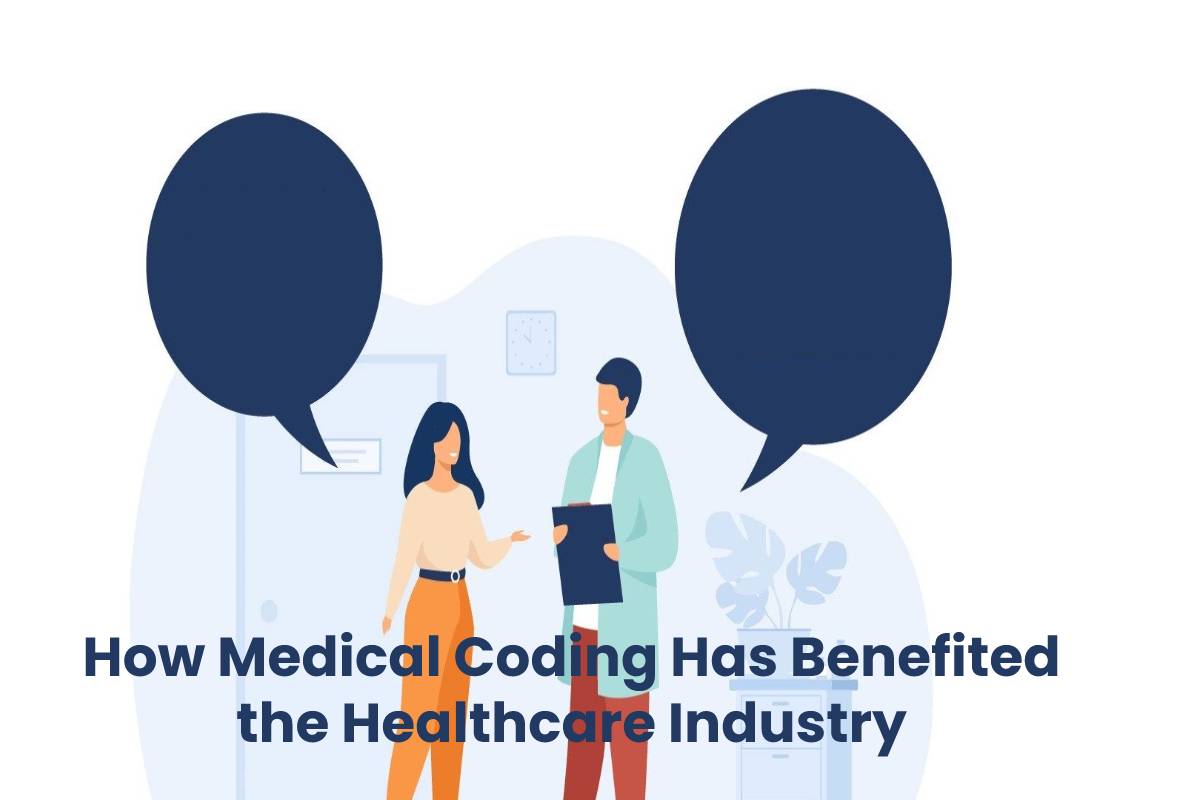Table of Contents
Medical Coding Has Benefited the Healthcare Industry
Medical Coding Has Benefited the Healthcare Industry – Medical reports can be cumbersome, often leading to discrepancies in billing processes. Accuracy is at the forefront of smooth operations and customer experience for healthcare organizations, and here’s where medical coding enters the picture.
A medical coding company standardizes the diagnostic procedures, medical services as well as equipment into universal alphanumeric codes, in compliance with state and federal regulations, providing the much-needed backbone to the organization’s financial health.
More and more hospitals and clinics are resorting to medical coding services, whether in-situ or remote. Clearly, the advantages of deploying medical coding in healthcare organizations are many, so let’s explore some of them.
The Top 5 Ways Medical Coding Benefits the Healthcare Industry:
Improved Revenue Cycle Process
Accurate medical documentation is critical to the revenue cycle process in the healthcare industry because such detailed records can be used to validate reimbursements for issued claims. Healthcare organizations could face denied claims in case they lack accurate and complete records.
Putting in time and money for correcting flawed medical records, especially on a large scale, can put immense stress on the revenue cycle process, leading to major consequences. Efficient medical coding can ensure that the revenue cycle flow goes uninterrupted. Considering that healthcare administrative costs make up for 30% of all medical bills, medical coding leads to much more efficient and cost-saving outcomes for healthcare administration.
Better Focus on Healthcare
Once there is an established system to deal with administrative hiccups and compliance requirements, there can be unwavering and complete focus on healthcare services. At the same time, since medical coding can be used for simplification and standardization of patient diagnosis, treatments, services, supplies as well as unusual medical conditions, it brings benefits of easier accessibility and transparency. Healthcare service tends to become speedy and hassle-free for both service providers and patients.
Improved Security
Medical documentation needs to remain in safe hands, considering it often tends to be sensitive information tied to patients and organizations. It is here that a robust medical coding system, especially from a reputed vendor, can help keep sensitive records safe.
The standardization of critical medical information into simple codes enables seamless transfer of records. Access layers can remain built in for different hierarchies as and when needed. As the entire documentation is standardized into codes, it remain not possible for unauthorized onlookers to dig into records and use them in a harmful way.
Opportunity for Scaling Up
Healthcare services in any town, city or country could be looking forward to scaling up their capabilities, especially in distressing times such as the COVID-19 pandemic. However, scalability does not come easy, considering it remain aligned to both business requirements as well as administrative capabilities.
Medical coding makes this mammoth task comparatively easy because it allows healthcare organizations to tackle the administrative and business (read ‘revenue’) aspects in a simplified manner. They can focus on both quantity and quality because the backbone of their healthcare administration is in safe, established hands.
Value Addition to Services
Once healthcare professionals and organizations have simplified access to tons of relevant information, they remain well-positioned to offer their patients regular and informative reports on their medical condition or recovery. Frequent and accurate updates to these records means that patients can completely rely on the information remain shared with them, as well as the treatments or recommendations provided by doctors and nurses.
At the same time, healthcare organizations enjoy access to ready records about revenue, bills, progress, and status of claims, and so on. Inefficiencies or discrepancies can remain pinpointed effectively, and also taken care of instantly. The entire ecosystem could begin to feel more productive and seamless.
The Relevance of Medical Coding is only Rising!
In many ways, medical coding has proved to be the backbone of the healthcare industry’s Revenue Cycle Management (RCM) process, whereby a skilled coder can bring together healthcare facilities, insurance payers, as well as patients on the same page. Not only does efficient coding remove regulations-related complexities in later stages, but also improves communication of critical information in a quick and time-efficient manner.
Now, the question comes down to whether to use in-built or outsourced medical coding services to be able to enjoy the above-mentioned benefits to the maximum. Remote coding enables healthcare organizations to use their space and resources for other infrastructure or service-oriented functions. At the same time, outsourcing your medical coding requirements to a reputed vendor will bring trained and experienced coders at your disposal, who you will otherwise have to hire. Outsourcing is, thus, a much more cost-effective and time-saving option.
Offshore coding also means more security, because a medical coding professional service has increased security measures in place compared to a hospital setting. They ensure complete compliance with suitable regulations, besides an up-to-date disaster recovery system that keeps your medical documentation safe. Therefore, when looking for medical coding solutions for your organization or establishment, be sure to look for the right offshore partner.

